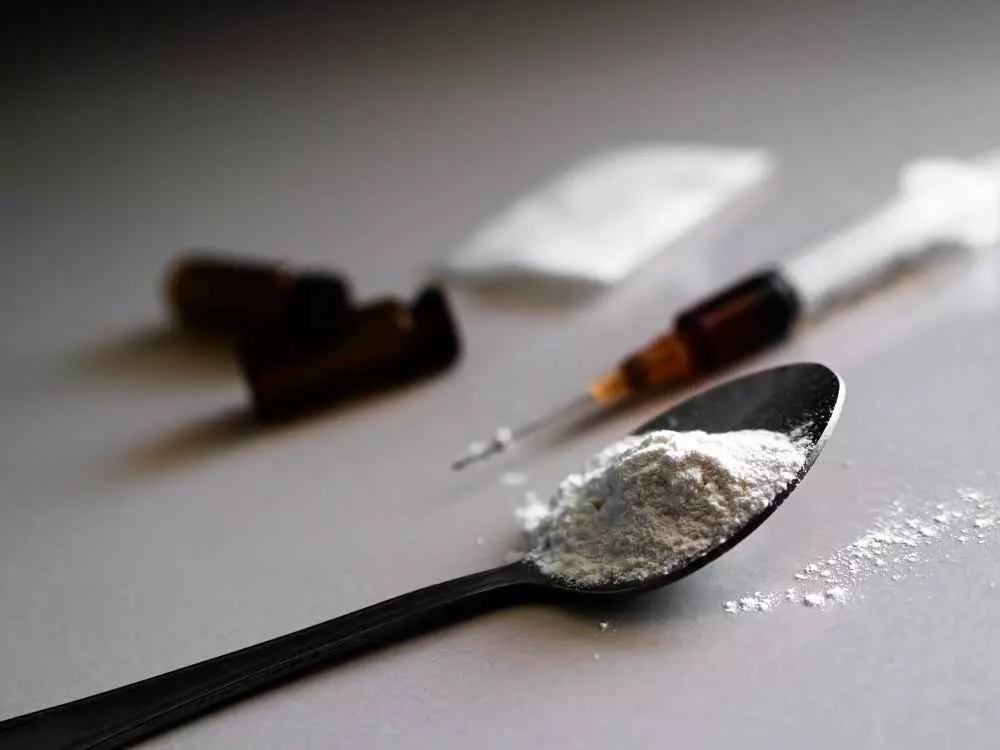Psychoactive substance addiction therapy
Addiction to psychoactive substances is a serious problem that affects many people around the world. Many of us have heard of the tragedies that are associated with these addictions, and some of us may even feel it directly in our surroundings. However, there are various therapeutic methods that can help those struggling with such addictions that are worth knowing about.
Psychoactive substance addiction what exactly is it?
Psychoactive substance addiction is a brain disease that causes an addict to be unable to control or stop their use of a substance, despite negative health, social and legal consequences. Psychoactive substances, such as alcohol, drugs or painkillers, affect the brain, causing strong feelings of pleasure or relief, and this in turn leads to the development of addiction.

Types of psychoactive substance abuse therapy
There are many different types of therapies that can be effective in treating psychoactive substance addiction. It's important to find the method that works best for you, taking into account your individual needs and preferences. Here are some common forms of therapy used to treat psychoactive substance addiction:
1. Cognitive-behavioral therapy (CBT)
CBT is a therapeutic method that focuses on changing the patient's thoughts and behaviors related to addiction. The therapist and patient work together to identify the negative thoughts and behavioral patterns that contribute to substance abuse. They then work together to develop strategies to help the patient avoid situations that lead to use and cope with temptations.
2. Group therapy
Group therapy brings together people struggling with substance abuse to support and learn from each other. The therapist conducts group sessions where participants share their stories and experiences, and develop coping skills to deal with addiction. Group therapy can be particularly effective because it allows patients to build strong social bonds and see that they are not alone in their struggle.
3. Medication mediated therapy
Medication mediated therapy, such as methadone or naltrexone, can be used as part of a comprehensive substance abuse treatment program. These medications can help alleviate withdrawal symptoms and reduce cravings for psychoactive substances. At the same time, the patient is monitored by a doctor to ensure safe and effective use of these medications.
4. Family therapy
Addiction to psychoactive substances affects not only the addicted person, but also his or her immediate environment. Family therapy aims to restore healthy family ties and help the family better understand and cope with the addiction problem. Therapists work with the family to improve communication, build healthy boundaries and develop strategies that resolve conflicts and support healthy family dynamics.
Summary
Substance abuse addiction can be difficult to overcome, but therapy is crucial in the recovery process. Therapists, using a variety of therapeutic methods, are able to help patients understand their addiction, deal with temptations and develop healthy coping strategies. If you or someone you know is struggling with substance abuse, don't hesitate to seek therapeutic help. Therapy can be life-changing and open a path to health and regaining control of your life.
Add comment